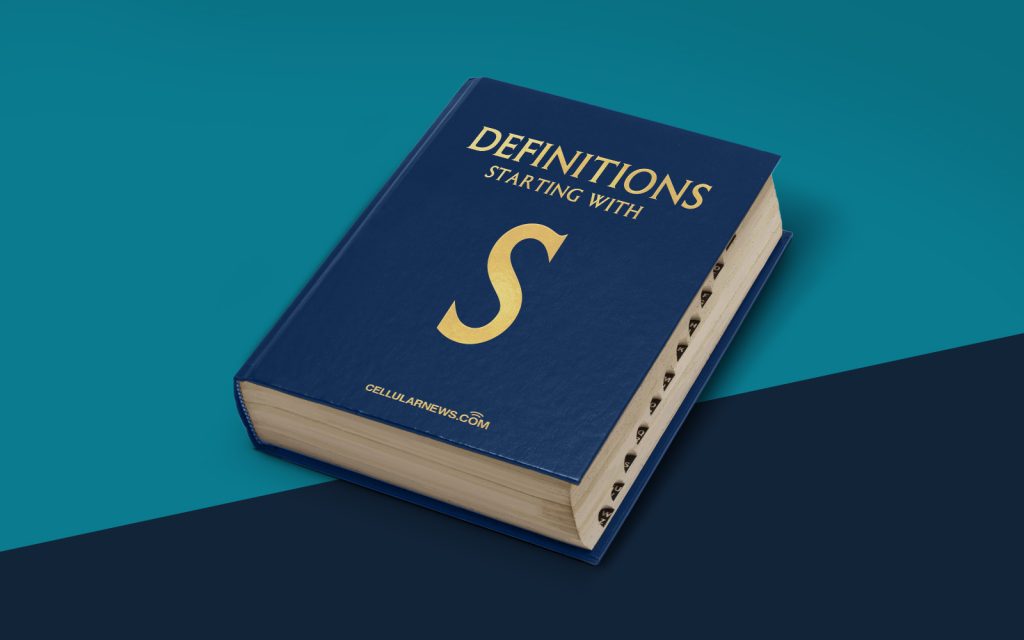
Welcome to the World of SOAP: Simple Object Access Protocol
Have you ever wondered how different software applications communicate with each other over the internet or data networks? Well, one of the solutions to this challenge is Simple Object Access Protocol, commonly known as SOAP. In this article, we will delve into the intricacies of SOAP and discover how it facilitates seamless communication between applications.
Key Takeaways
- SOAP is a protocol used for exchanging structured information between software applications.
- It allows communication over a network using the XML language.
Now, let’s dive deeper into the world of SOAP and explore its features and functionalities.
Understanding SOAP: The Basics
SOAP, or Simple Object Access Protocol, is a lightweight protocol used for exchanging structured information between different software applications. It provides a standardized way of communication over different networks, such as the internet, intranet, or data networks.
So, how does SOAP work? Let’s break it down into simpler terms:
- XML-based Messaging: SOAP uses XML (Extensible Markup Language) as its message format. XML provides a widely accepted and flexible markup language that can be easily understood by different systems.
- Protocol Independent: SOAP operates independently of any underlying network protocol, such as HTTP, SMTP, or TCP/IP. This flexibility enables SOAP to work with different protocols and ensures compatibility across various systems and platforms.
- Remote Procedure Call (RPC): One of the significant features of SOAP is its ability to perform remote procedure calls. A remote procedure call allows a program to execute a function or method on a different machine or system over a network.
- Extensibility: SOAP provides a highly extensible framework, allowing developers to add custom headers or define custom protocols as per their requirements.
Why Use SOAP?
SOAP offers several advantages that make it a popular choice for inter-application communication:
- Platform Independence: SOAP works on various platforms and programming languages, providing a seamless way for different applications to communicate.
- Interoperability: SOAP enables communication between applications developed using different technologies, languages, and platforms. Whether it’s a Java application communicating with a .NET application or a web service interacting with a mobile application, SOAP ensures interoperability.
- Security: SOAP allows the use of industry-standard security protocols, such as SSL (Secure Sockets Layer) and XML encryption, ensuring the confidentiality and integrity of the transmitted data.
- Reliability: SOAP provides built-in error handling and recovery mechanisms, ensuring reliable communication even in the event of failures or disruptions.
With these advantages, SOAP has become a widely adopted protocol for building enterprise-level applications and web services.
In Conclusion
Simple Object Access Protocol (SOAP) is a powerful yet flexible protocol that facilitates communication between software applications. It allows different applications to exchange structured information over various networks using XML. With its platform independence, interoperability, security, and reliability, SOAP has become a go-to solution for enterprises to enable seamless communication between their systems.
So, the next time you wonder how applications communicate with each other over the vast digital landscape, remember that SOAP is one of the key players driving the connectivity behind the scenes.
